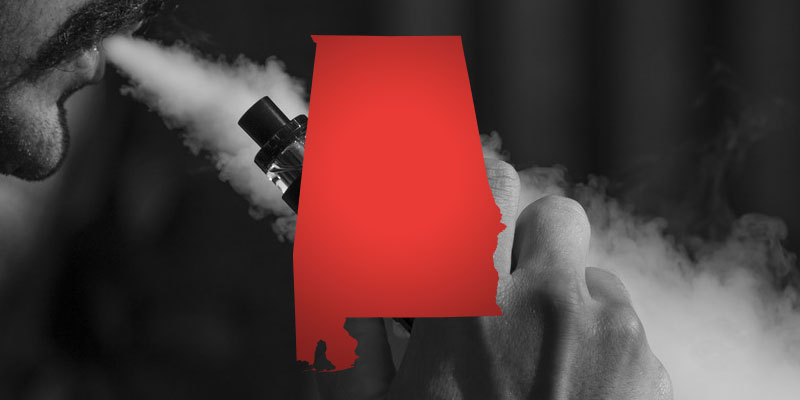Introduction
In a recent turn of events, Alaska Governor announced the decision to veto the vape tax bill, which had been a subject of debate and controversy in the state legislature. The proposed bill aimed to impose taxes on vaping products, with the goal of generating revenue and addressing public health concerns associated with vaping among youth.
The Debate Over Vape Taxes
The vape tax bill has been a contentious topic, with strong arguments from both proponents and opponents. Advocates of the bill argued that taxing vaping products would deter underage use and provide funding for education and public health programs. On the other hand, opponents expressed concerns about the potential impact on small businesses, vapers, and the overall vaping industry.
The Governor’s Decision
After careful consideration and reviewing the arguments from all sides, the Alaska Governor made the decision to veto the vape tax bill. In a statement, the Governor emphasized the need for a comprehensive approach to address youth vaping and public health concerns. While recognizing the importance of funding for education and health initiatives, the Governor expressed reservations about the proposed tax as a sole solution.
Implications on the Vaping Industry
The Governor’s veto of the vape tax bill has significant implications on the vaping industry in Alaska. Vape retailers and manufacturers will not face the additional financial burden of taxes on their products, which may provide some relief to businesses and consumers alike. However, it also raises questions about alternative strategies to address youth vaping and fund public health initiatives.
Looking Ahead
With the vape tax bill vetoed, policymakers, public health advocates, and industry stakeholders will continue their efforts to find effective solutions to address youth vaping while supporting the legitimate needs of adult vapers and businesses. This decision opens the door for further discussions and collaboration on comprehensive measures that can strike a balance between public health goals and the vaping industry’s viability.
Conclusion: The veto of the vape tax bill by the Alaska Governor is a significant development in the state’s approach to vaping regulations. While the decision offers some relief to the vaping industry, it also underscores the need for comprehensive solutions to tackle youth vaping and public health concerns. Moving forward, stakeholders will continue to engage in meaningful discussions to find common ground and implement measures that prioritize both public health and the interests of vapers and businesses.
For more information, visit: alaska-governor-vetoes-vape-tax-bill


